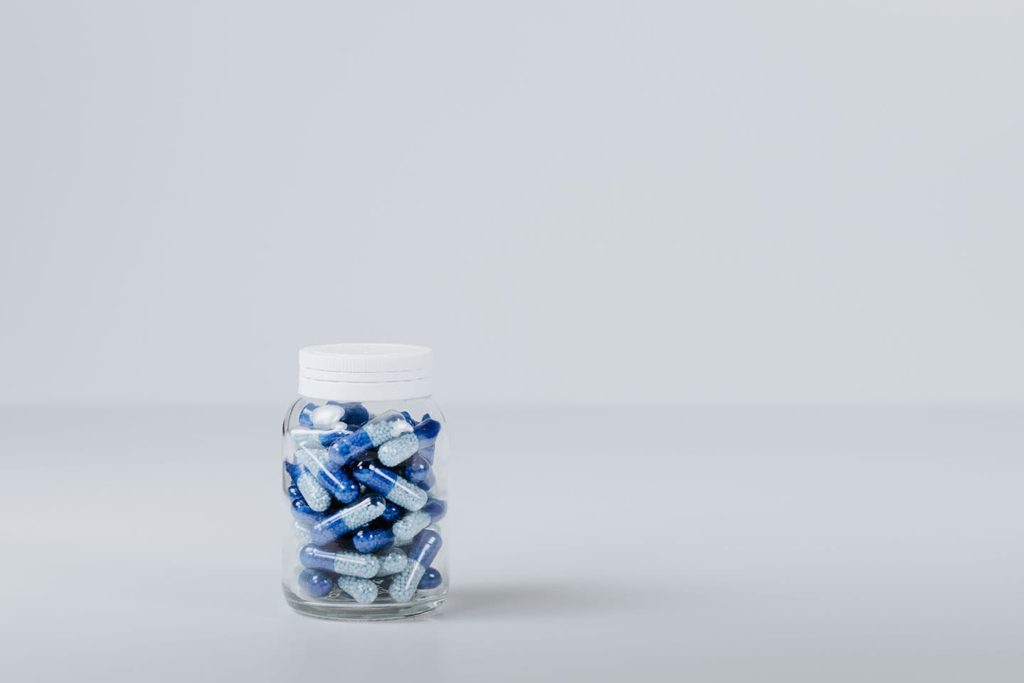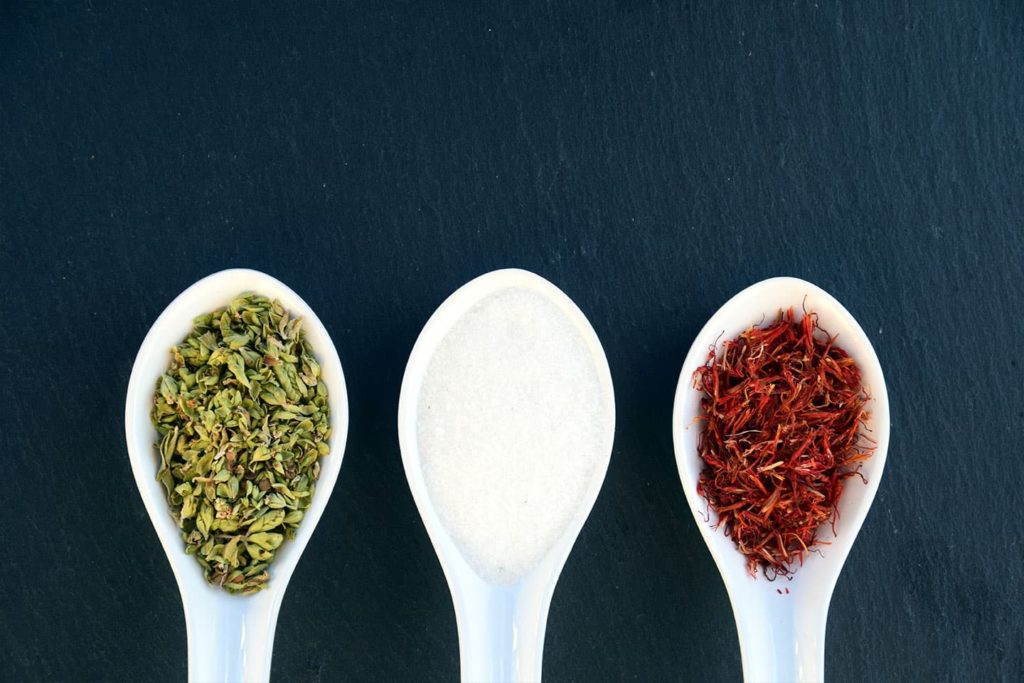Could Marital Problems Lead to Leaky Gut?
Strong emotions can have a negative effect on your body. Add a diet full of high-fat foods to the mix and your gut becomes vulnerable too.
Emotional fights between married couples have been linked to symptoms of leaky gut, according to a report from Ohio State University that appeared in the journal Psychoneuroendocrinology.
Leaky gut is a condition created by breakdowns in the intestinal wall that allow undigested food, toxic waste products and other nasties to seep through the intestinal wall into the bloodstream to create a number of different health problems.
“We think every day marital distress, at least for some people, is causing changes in the gut that lead to inflammation and, potentially, illness,” says lead author Dr. Janice Kiecolt-Glaser, director of the OSU’s Institute for Behavioral Medicine Research.
Forty-three married and healthy couples ranging in age from 24-61 participated in the study that involved talking to researchers about their relationships, then alone with each other for 20 minutes to resolve conflicts that were likely to provoke disagreements.
To give necessary context to this study, blood samples were taken from couples before and after their conversations without a researcher and those talks were filmed for later review.
Not surprisingly, patients who displayed more hostility during their one-on-one talks with their marital partners had greater levels of LPS-binding protein, a biomarker for leaky gut.
Signs of leaky gut was even more pronounced among spouses with histories of emotional problems and depression whose interactions were hostile.
What’s more, researchers identified specific biomarkers in blood samples (LBP and CD14) linked to signs of inflammation. Patients whose blood contained the highest levels of LBP had dramatically higher amounts of the primary inflammatory biomarker, C-reactive protein.
These biomarkers were far more prevalent among those whose medical histories included depression too.
In fact, scientists believe the presence of these inflammatory biomarkers that drive leaky gut may also be responsible for mental health problems, creating a “troubling loop.”
“With leaky gut, the structures that are usually really good at keeping the gunk in our gut — the partially digested food, bacteria and other products — degrade and that barrier becomes less effective,” says study co-author Dr. Michael Bailey.
To reduce the amount of inflammation from leaky gut, Dr. Kiecolt-Glaser suggests eating a more gut-friendly Mediterranean diet along with taking a probiotic.
Fortunately, protecting the health of your gut is so much easier when you take a probiotic that contains multiple species of beneficial bacteria like EndoMune Advanced Probiotic.
Could Marital Problems Lead to Leaky Gut? Read More »











